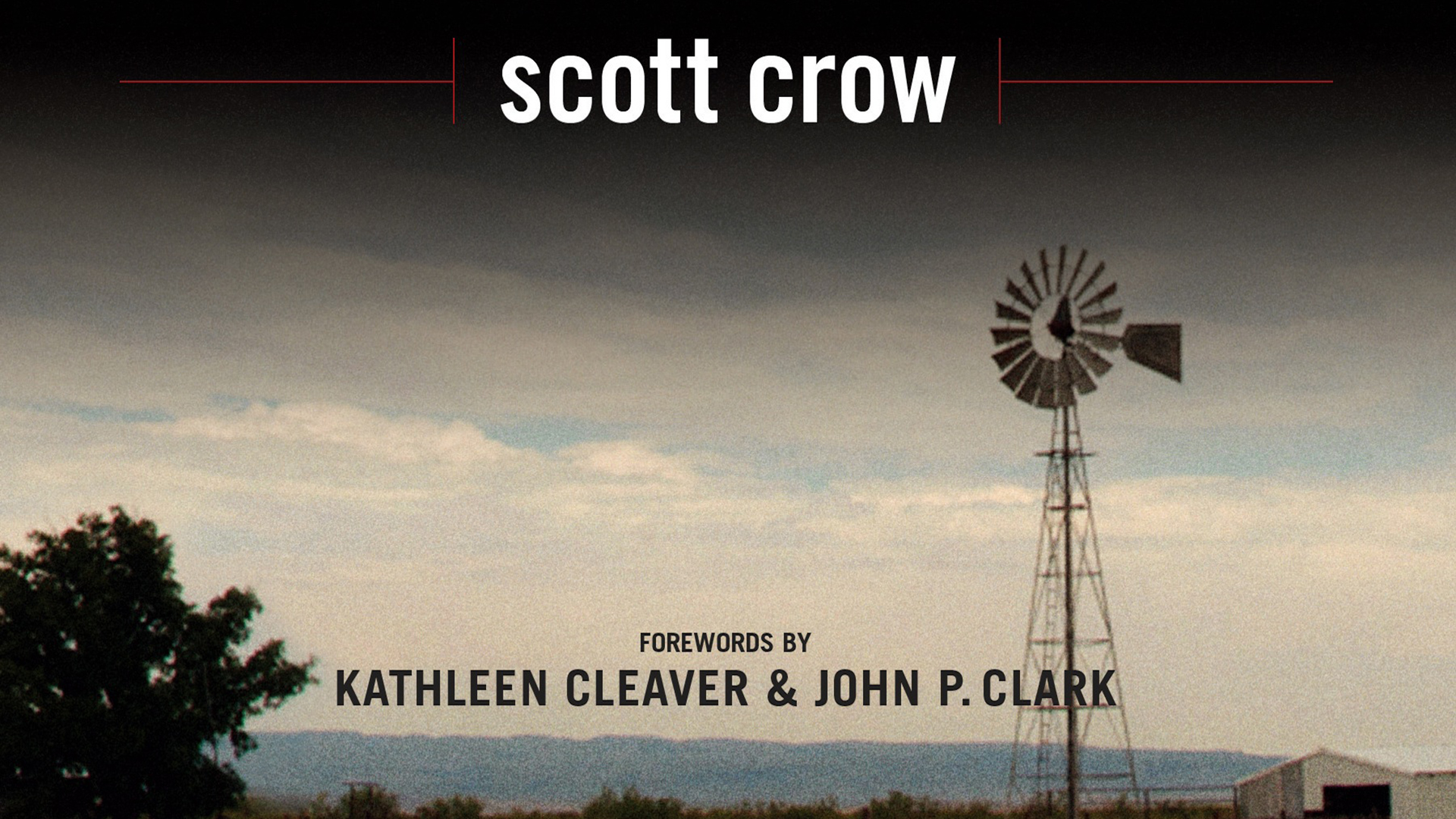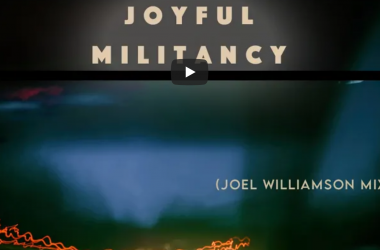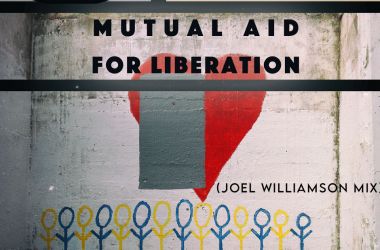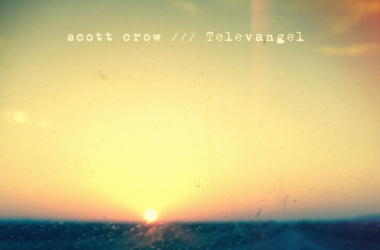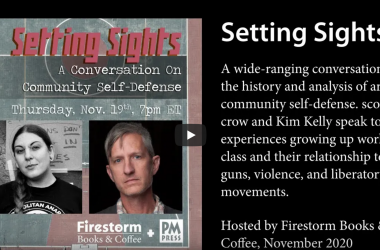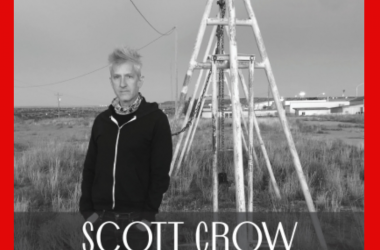by Kathryn Herron
The Sounds
November 12, 2012
“Do not be afraid.” This advice acted as the climax of a presentation about activism and anarchy by Scott Crow, one of the founders of Common Ground, an organization formed after Hurricane Katrina.
This event was organized by BRICK and occurred at South Puget Sound Community College on Oct. 25. BRICK (Building Revolution by Increasing Community Knowledge), is a club at SPSCC dedicated to supporting community members in their attempts to combat social injustice.
BRICK member Kayla Perez said that the club wanted to bring Crow to SPSCC because his “alternate perspective” supported their overall goal.
Crow’s alternative views include not capitalizing his own name.
“A small letter is a big way to undercut the power and prestige often imposed on an author in the public light,” said Perez.
His “little ‘a’ anarchism is about empowering people,” she said. This message contradicts the government’s ideas of terrorism which, according to Perez, “is about making them [people] cower.”
“[BRICK] is
built on a premise that ideas are powerful creatures,” said Perez.
Because of this foundation, Crow’s ideas about truth and anarchism
really align with the organization’s goals.
Crow describes himself as
a revolutionary, rather than a reformer. His strategy is based on four
ideas: dream the future, know your history, organize your people, and
fight to win.
To Crow, anarchy is based on common sense. Though not satisfied with his first experiences with anarchism, his second introduction brought a greater understanding. Through relief work after Hurricane Katrina and other various projects, Crow determined that activism can only be successful if you are resisting and creating.
“It’s easy if somebody’s hungry to feed them. It’s much harder to find out why they were hungry in the first place,” Crow said, illuminating this issue of connecting different struggles.
“Communism had failed, Socialism had failed and Capitalism is constantly failing. Anarchism provided another way to look at politics, especially on the radical left,” he said, explaining that with anarchy, specific community issues can be connected, rather than only focusing on national concerns.
Crow said he supports the autonomy of a community separate from the government, and the necessity of participatory democracy.
“This is not representative democracy where we are voting it away. I want to hear your voice,” he said.
This autonomy also includes defense and the ability of a community to protect itself, though not always with violence, and the power of a narrative and a vision of the future.
After Hurricane Katrina, Crow helped to found Common Ground, an organization based on the idea of “solidarity, not charity.”
Crow traveled to New Orleans after the storm to look for a friend. When he arrived, two days after levees failed, he witnessed government failure.
“It wasn’t the storm that caused the damage, it was government neglect…It wasn’t an accident, it was criminal neglect,” he said.
According to Crow, various agencies insisted on fighting over who would regulate search and rescue parties while thousands of people remained trapped by the flooding.
For outsiders, the destruction was unimaginable, said Crow.
“Everything that you think you know about the First World is gone,” he said.
Crow’s team decided to combat the pressing issues using civil disobedience to “break the law for higher moral law.”
These actions included not evicting people, helping people that were being forced to leave, and restoring a school without the school boards’ permission.
“We dared the police to arrest everybody,” Crow said.
Crow helped provide those affected by the storm with important resources. Common Ground offered free legal advising, women’s shelters, community defense, food and water distribution, cop watch, prisoner support and the development of community gardens, among others.
When the frenzy of Hurricane Katrina began to subside, Common Ground became traditional nonprofit organization and began working on lower scale projects such as wetland restoration, house building and technical training.
In the midst of this chaos, Crow was labeled as a domestic terrorist, though not officially accused of a specific crime.
“I realized that the War on Terror had started to target us, the general population” he said. “If you are going to have a War on Terror, you have to have terrorists. If we don’t really have terrorists in this country, you have got to manufacture a few.”
According to him, the most popular candidates for terrorists are Muslim people and people of Middle Eastern descent, environmentalists and anarchists. The jobs created and the money made from the War on Terror are the driving forces in its maintenance.
“Government doesn’t want to give up their maintained monopoly of civil society,” he said. According to Crow, the government targets anarchists because they are easy to find. The only weapon they have against us, is fear, he said.
“If we give into fear, they have already won,” he said. His message urges activists not to stop their work because “the bonds of humanity” are “more powerful than any fear they can instill in us.”
Crow’s final advice encompassed the ideals of determining exactly what you, as an activist, are for.
“Our role as activists is to move radical ideas from the margins to the mainstream,” he said. These radical concepts prompt reform. Activists need to reach out of their comfort zones to present ideas and construct common goals.
Crow concluded his presentation by explaining that
the most successful method of spreading ideas is “to build the road by
walking” and not being restricted by the pressure to have all the
answers now.

